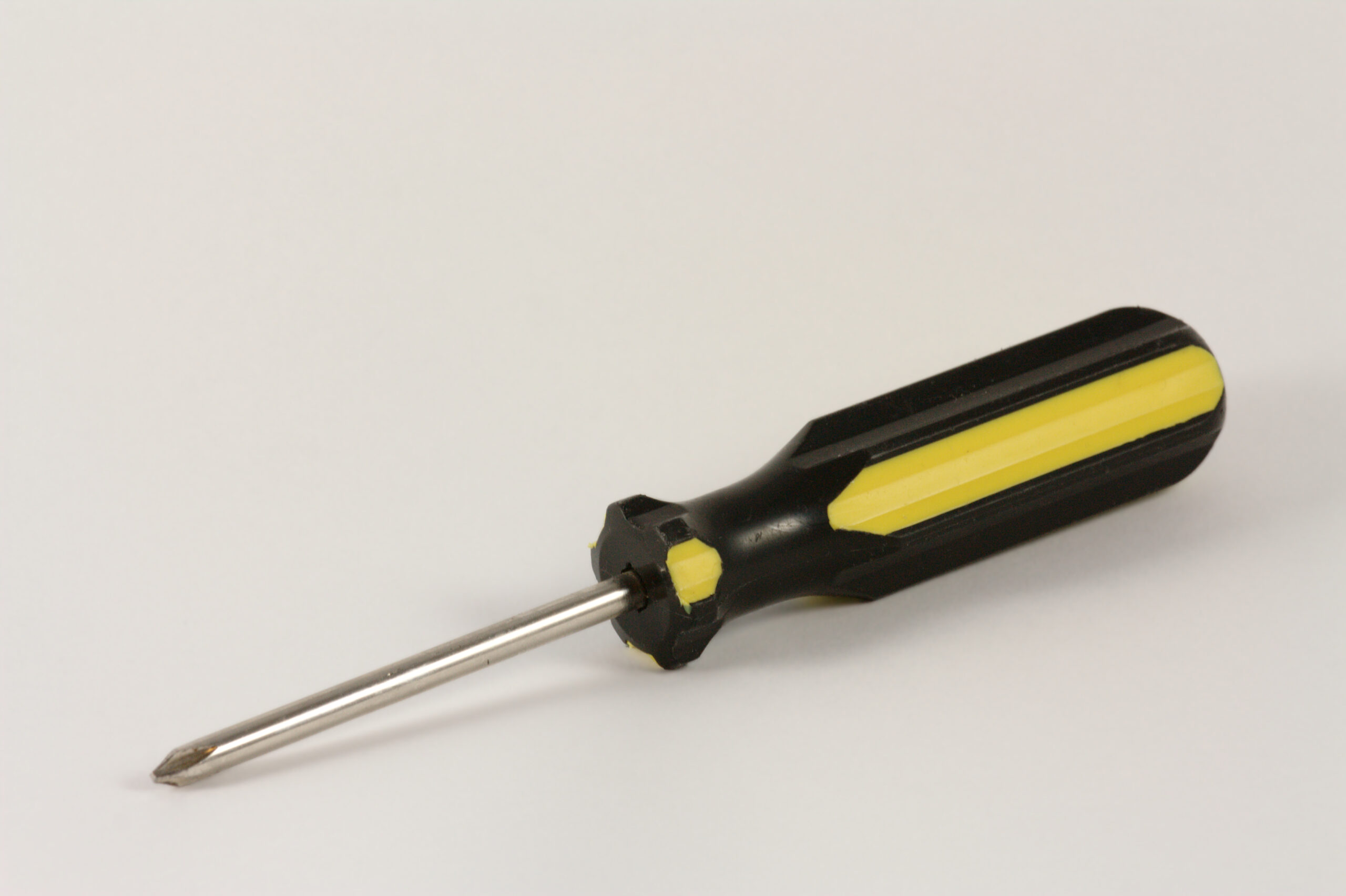A power of attorney (POA) is a legal document that authorizes one person to act on behalf of another. The person who creates the power is the principal. The person who acts on behalf of the principal is the agent. The powers created by a power of attorney can be very broad or limited to a specific purpose or transaction. A power of attorney cannot be enforced like a court order. A court order will always prevails over a power of attorney.
Without Powers of Attorney, a Probate Court will designate someone to be in charge of the decisions through a Guardianship under the supervision of the court. It is recommended that if you do not have Powers of Attorney, you should get them as soon as possible. These documents can be drafted while creating an Estate Plan.
Because there are different types of powers of attorney a principle should know their specific need for the POA to determine the type of POA that the principle needs.
Durable powers of attorney are generally used to make plans to the care for a principle’s finances, property, or investments in the event that they can no longer handle their financial affairs.
A medical power of attorney is a document that would allow someone you trust to make medical decisions for you. Medical POAs are typically part of a later-life planning, as well as legal preparations for people with disabilities.
How long is a POA good for? It depends on what powers are authorized in the POA and for what purpose. Some powers of attorney have an ending or an expiration date indicated in the POA. Other POAs will automatically expire when the principal becomes incapacitated. A durable power of attorney ends when the principal dies. Some financial institutions may not accept a POA that is over 5 years old. You should consult with an attorney regarding any necessary updates to keep your POA valid.
There is no legal requirement for a third party to accept a POA. Some entities may accept payments through a power of attorney, and banks will usually accept deposits made by the agent into the principal’s account. However, many financial institutions will not allow an agent to withdraw funds or close an account. Some banks have their own power of attorney form and will not accept any other.
Feel free to contact us for a trusted Estate Planning Attorney to help you with your Estate Plan.
Staff Writer


